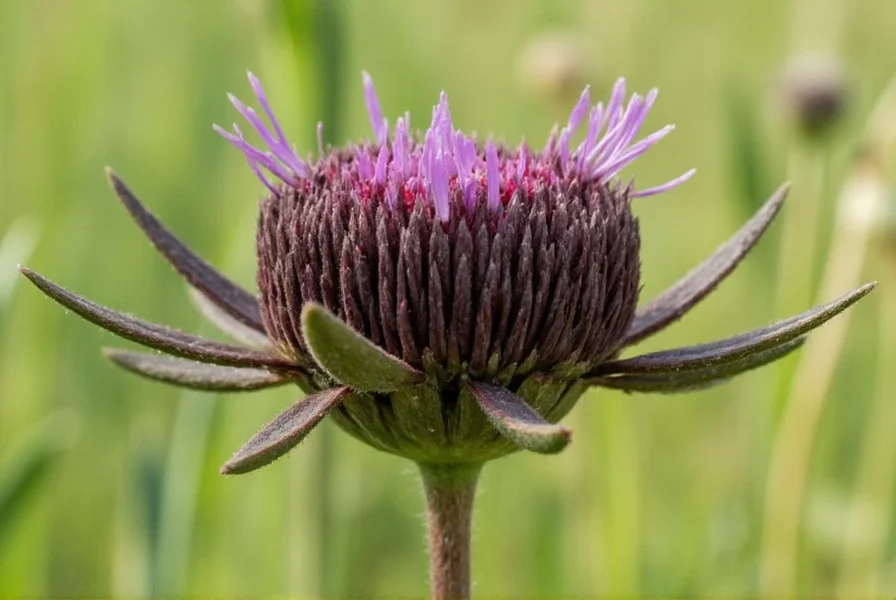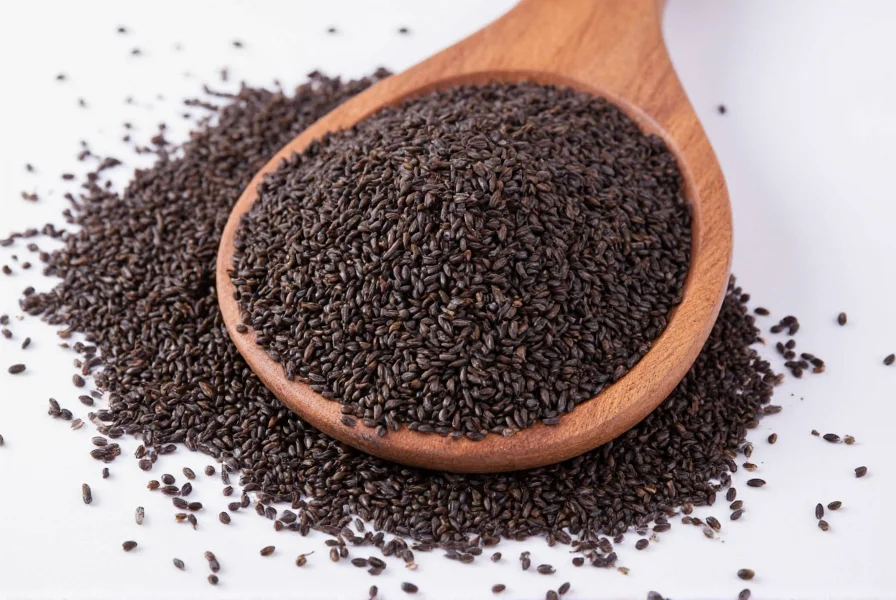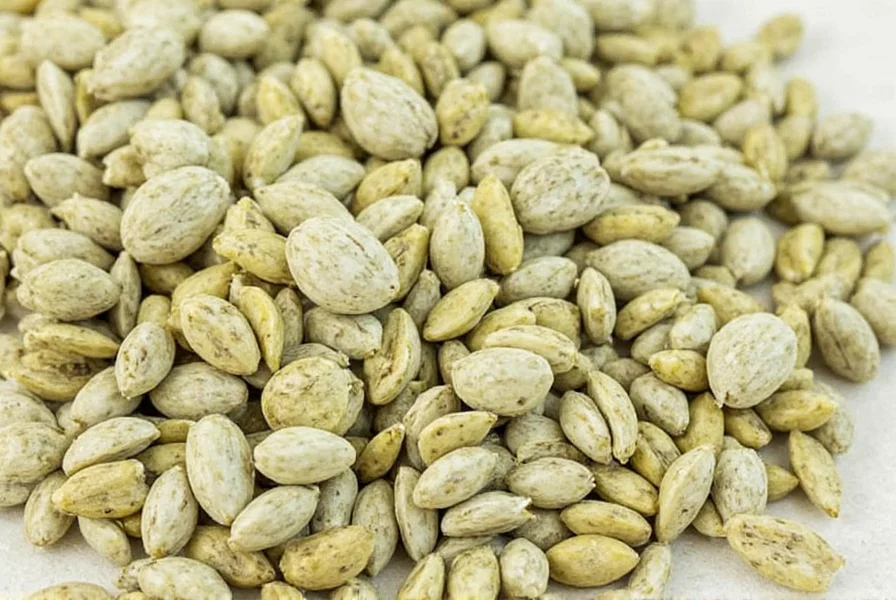
Understanding Black Cumin Seed and Its Historical Significance
Black cumin seed, scientifically known as Nigella sativa, has been used for medicinal purposes for over 2,000 years across Middle Eastern, Asian, and African traditional medicine systems. Also commonly referred to as black seed, kalonji, or fennel flower, this small black seed comes from a flowering plant in the Ranunculaceae family. Ancient Egyptian texts mention its use, and it's referenced in religious texts including the Quran, where it's described as a remedy for "all diseases except death."
Modern scientific research has begun validating many traditional claims about black cumin seed benefits, particularly focusing on thymoquinone—the primary bioactive compound responsible for its therapeutic properties. Unlike regular cumin (Cuminum cyminum), black cumin seed contains unique phytochemicals that contribute to its distinctive health effects.
Scientifically Researched Health Benefits of Black Cumin Seed
Anti-Inflammatory and Antioxidant Properties
Multiple studies confirm that black cumin seed exhibits significant anti-inflammatory effects by inhibiting inflammatory pathways and reducing pro-inflammatory markers like TNF-α and IL-6. A 2020 meta-analysis published in Phytotherapy Research concluded that Nigella sativa supplementation significantly reduced C-reactive protein levels—a key inflammation marker—in study participants.
The antioxidant capacity of black cumin seed oil ranks among the highest of medicinal plants, with research showing it can increase levels of glutathione (the body's master antioxidant) while reducing oxidative stress markers. This makes black cumin seed benefits particularly relevant for conditions involving chronic inflammation and oxidative damage.
Cardiovascular Health Support
Research indicates black cumin seed may support heart health through multiple mechanisms. Clinical trials demonstrate its potential to improve lipid profiles by reducing LDL cholesterol while increasing HDL cholesterol. A systematic review in Complementary Therapies in Medicine found that Nigella sativa supplementation significantly lowered both systolic and diastolic blood pressure in hypertensive patients.
The anti-atherosclerotic effects of thymoquinone suggest black cumin seed benefits extend to preventing plaque buildup in arteries. However, researchers note that most cardiovascular studies have been short-term, and longer human trials are needed to confirm these effects.
Blood Sugar Regulation
For individuals concerned about metabolic health, black cumin seed shows promise in supporting healthy blood glucose levels. Multiple randomized controlled trials report that Nigella sativa supplementation improves fasting blood glucose, HbA1c, and insulin resistance in people with type 2 diabetes.
A 2019 study in the Journal of Diabetes & Metabolic Disorders found that participants taking 2 grams of black seed powder daily experienced significantly greater improvements in glycemic control compared to placebo. The mechanism appears related to enhanced pancreatic beta-cell function and improved insulin sensitivity.
Respiratory Health Applications
Traditional use of black cumin seed for respiratory conditions finds support in modern research. Clinical evidence suggests black cumin seed oil may benefit people with asthma, allergic rhinitis, and other respiratory conditions through bronchodilatory and anti-inflammatory effects.
A randomized trial published in Phytotherapy Research demonstrated that inhalation of black seed oil significantly improved pulmonary function tests and reduced asthma symptoms compared to placebo. The research on black cumin seed benefits for respiratory health represents one of the most promising areas with relatively strong human evidence.
| Health Benefit | Research Evidence Level | Key Findings | Recommended Form |
|---|---|---|---|
| Anti-inflammatory effects | Strong human evidence | Reduces CRP, TNF-α, IL-6 markers | Oil or seed powder (1-2g/day) |
| Cardiovascular support | Moderate human evidence | Lowers blood pressure, improves lipid profile | Oil (2-3mL/day) |
| Blood sugar regulation | Strong human evidence for diabetes | Improves HbA1c, fasting glucose | Seed powder (2g/day) |
| Respiratory health | Moderate human evidence | Improves asthma symptoms, lung function | Inhaled oil or oral supplementation |
| Skin health | Limited human evidence | Potential benefits for eczema, acne | Topical oil application |
Practical Usage Guidelines for Black Cumin Seed
Understanding how to incorporate black cumin seed into your wellness routine is essential for experiencing potential benefits. The most common forms include:
- Whole seeds: Can be dry roasted and used as a spice in cooking
- Seed powder: Convenient for mixing into foods or beverages
- Black seed oil: Concentrated form for oral consumption or topical application
- Capsule supplements: Standardized doses for consistent intake
Research on effective dosages varies by application. For general health support, studies commonly use:
- 1-3 grams of seed powder daily
- 0.5-3 mL of black seed oil daily
- Supplements containing 5-10% thymoquinone
When selecting products, look for cold-pressed, organic black seed oil stored in dark glass bottles to preserve potency. For supplements, choose third-party tested options that specify thymoquinone content—the primary active compound responsible for many black cumin seed benefits.

Important Safety Considerations and Limitations
While black cumin seed is generally recognized as safe, certain precautions should be noted:
- Pregnant women should avoid medicinal doses as black cumin seed may stimulate uterine contractions
- Individuals taking blood pressure or diabetes medications should consult healthcare providers due to potential interactions
- Topical application may cause skin irritation in sensitive individuals
- Long-term safety data for high-dose supplementation remains limited
It's crucial to understand that while research on black cumin seed benefits is promising, many studies have been conducted on animals or in vitro. Human clinical trials, while growing in number, often involve small sample sizes or short durations. Black cumin seed should complement—not replace—conventional medical treatments for serious health conditions.
Evaluating Claims About Black Cumin Seed Benefits
The growing popularity of black cumin seed has led to exaggerated marketing claims. When evaluating information about black cumin seed benefits, consider these evidence-based guidelines:
- Be skeptical of claims that black cumin seed "cures" serious diseases like cancer
- Look for references to peer-reviewed human studies rather than anecdotal evidence
- Consider whether claims distinguish between whole seed, oil, and isolated compounds like thymoquinone
- Check if dosage information aligns with research-supported amounts
Reputable sources discussing black cumin seed benefits will acknowledge both the promising research and current limitations, providing a balanced perspective rather than absolute claims.
Frequently Asked Questions About Black Cumin Seed
What is the most effective way to consume black cumin seed for health benefits?
Research suggests black seed oil provides the highest concentration of thymoquinone, with studies typically using 0.5-3 mL daily. For general wellness, cold-pressed oil taken orally or added to foods offers better absorption than whole seeds. Some studies show enhanced effects when combined with honey, though more research is needed on this combination.
How long does it take to experience black cumin seed benefits?
Most clinical studies showing measurable benefits used supplementation periods of 8-12 weeks. Individual responses vary based on health status, dosage, and the specific benefit being sought. Anti-inflammatory effects may be noticeable within weeks, while metabolic improvements often require 2-3 months of consistent use.
Can black cumin seed interact with medications?
Yes, black cumin seed may interact with certain medications. It can enhance the effects of blood pressure medications (potentially causing hypotension) and diabetes drugs (increasing hypoglycemia risk). It may also affect how the liver processes certain medications. Always consult your healthcare provider before combining black cumin seed with prescription medications.
Is there a difference between black cumin seed and regular cumin?
Yes, black cumin seed (Nigella sativa) and regular cumin (Cuminum cyminum) come from different plant families and have distinct chemical compositions. Black cumin contains thymoquinone as its primary active compound, while regular cumin's main components are cuminaldehyde and cymene. They offer different health benefits and should not be considered interchangeable.
What quality markers should I look for in black cumin seed products?
For oil products, look for cold-pressed, organic certification, dark glass packaging, and thymoquinone content (typically 2-5%). The oil should have a strong, pungent aroma and dark amber color. For supplements, choose products with third-party testing verification and clear dosage information. Avoid products with added fillers or preservatives that aren't necessary for stability.











 浙公网安备
33010002000092号
浙公网安备
33010002000092号 浙B2-20120091-4
浙B2-20120091-4